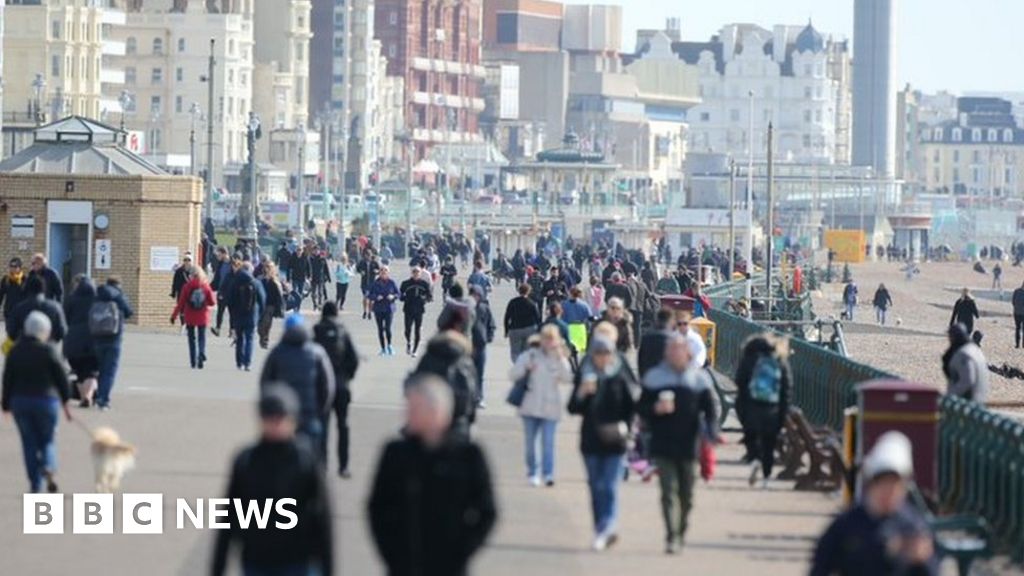Relevant to the discussion about children:
Are kids' play dates OK?
Millions of American parents are now trying to figure out how to work from home — while also tending to kids whose schools are closed to combat the spread of the coronavirus. Play dates seem like an obvious solution to help little ones burn off energy while you get some work done. But while the CDC didn't offer any official guidance here, several experts say play dates may defeat the purpose of everyone hunkering down.
"I'm personally taking a really strict line," says
pediatrician Lindsay Thompson of the University of Florida. "I would say that play dates inherently have a risk — I don't know how big or small. But if we can put them off for a few weeks and replace it with family time, it would be better."
She notes that elementary school-age kids get about five viral infections a season on average. "If they're playing with three or four friends, each one would be about to have, had or is getting over a viral illness that they could then, unfortunately, share," she says. And at this moment, she says, it's not just the coronavirus that's a concern, but any virus that might lead a child to need medical attention. That's because you want to avoid doctor's visits if you can, both to avoid possibly getting infected with the coronavirus and to avoid overloading the health care system.
What's more, symptoms of COVID-19 on average take five days to show up from the time of infection — but a person can still pass it on to other people during that time. So while it might be tempting to have one or two kids over, don't do it, says
Dr. Asaf Bitton, a primary care physician and public health researcher affiliated with Brigham and Women's Hospital and Harvard T.H. Chan School of Public Health.
"Someone who comes over looking well can transmit the virus," Bitton wrote in a
widely shared essay posted on Medium. But "even if you choose only one friend to have over, you are creating new links and possibilities for the type of transmission that all of our school/work/public event closures are trying to prevent," he wrote.
Dr. Jenny Radesky, a developmental behavioral pediatrician at the University of Michigan, says the goal is for parents to limit exposure, period. "My guidance right now to families is, as much as possible, do not have your kids in other people's houses. Do not have other people's kids in your house. There are times where for child care arrangements or for absolute necessity, you need to have one or two or more kids together. But if at all possible, really just keep kids at home."
What about playing outside with other kids or going to the park?
If you do let your kids outside to play with others, make sure the children keep at least 6 feet of distance from other children (which can be very hard for younger children to abide by). That's because the virus can be transmitted between
people who are in close contact with each other -- about a 6-foot radius. "We're avoiding playgrounds and other places that germs can accumulate," Radesky says.
We're all trying to do the right thing. But how does this work exactly? Can we visit Grandma? Have a play date? Have friends for dinner? We check in with experts for answers.

www.npr.org


